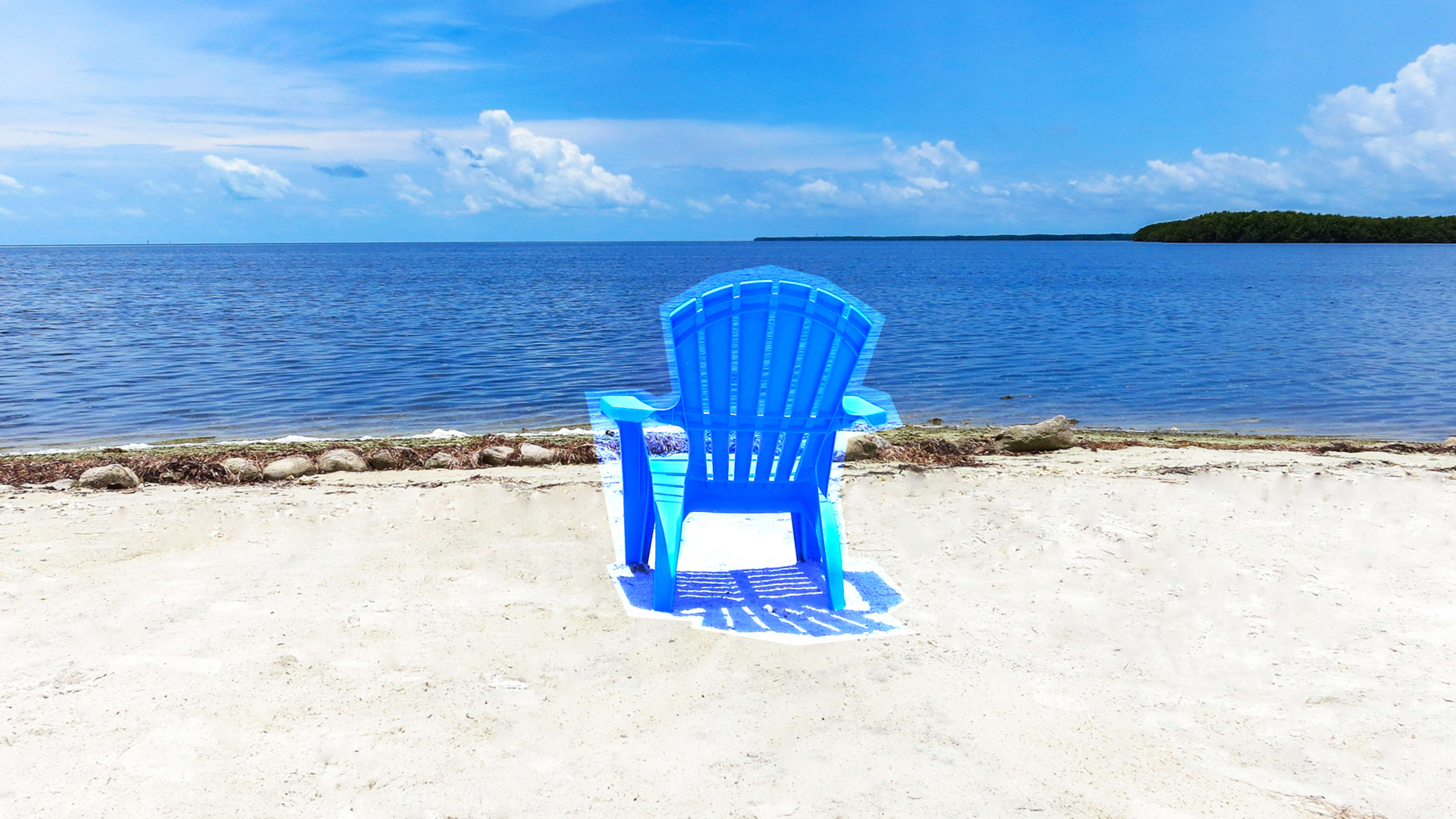Many American workers are long-delaying their vacations due to the pandemic. But what are the consequences of running and running without a break?
For some people, they don’t want to use vacation days if they can’t do the types of trips they usually take. For others, they’re tightening their grips on their jobs, afraid their positions will slip away. In both cases, the hesitation can be damaging to their health.
Overworking leads to burnout. The World Health Organization (WHO) defines burnout as being characterized by three dimensions—feelings of energy depletion or exhaustion, increased mental distance from or cynicism towards one’s job, and reduced professional efficacy.
According to an April 2020 survey by Eagle Hill Consulting, nearly half of U.S. employees (45%) say they are burnt out, with one in four feeling this way because of the COVID-19 pandemic. The top causes of burnout include workload (45%), trying to juggle professional and personal life (35%), a lack of communication (32%) and time pressures (30%). More than one-third (36%) of employees say their organization is not taking action to combat employee burnout. However some forward-thinking organizations are proactively promoting mental and physical wellness.
One such company is the Denver-based computer software firm, Ping Identity, which offers employees unlimited vacation. But because his team wasn’t taking advantage of it, CEO Andre Durand has started creating “artificial holidays,” or building more opportunities into employees’ schedules to take time off. Another solution, one company with which I work is designating a two-week “rejuvenation period.” Employees are asked to abstain from all meetings and either take the time off or use it to get caught up in their jobs.
When it’s expected of workers to take time off and the entire group is asked to do it, that can be the permission employees need to disconnect. During these times, it’s the responsibility of leaders to disrupt the herd mentality and support overall wellness.
Amidst this pandemic, a unique anthropological study is being written. While some organizations are giving back to employees the time previously spent commuting by making those hours off-limits from meetings, others are trying to reallocate the time to lengthen the workday. And because meetings now take place without even a stroll down the hallway, more are being scheduled, leaving no buffer time to actually do work, plan, be present, and listen to colleagues. Research published in the Harvard Business Review indicates that the more time pressure people feel on a given day, the less likely they will be to think creatively. In other words, workers need white space on their canvas every day.
Angst about job security and financial security right now is pervasive. It’s hard to ignore that the COVID-19 crisis has already thrown millions out of work. People worry that if they take a break, they’ll appear uncommitted to their jobs and their roles may be jeopardized. But quite the contrary: They should take a break to avoid burnout and continue doing their jobs well; work-life balance makes career success sustainable.
During a period of crisis, self-care is even more critical. Sleep, diet, exercise, stretching, supplements and meditation are needed to support well-being and must be pursued with intention. And vacation-induced relaxation can do wonders for your health. According to research, vacations reduce stress, which negatively impacts blood pressure, cholesterol levels, and other measures of health. Syracuse University researchers found that risk for metabolic syndrome—a group of conditions that puts people at higher risk of heart disease, type 2 diabetes and stroke—decreased by nearly a quarter with each additional vacation taken by study participants. And the closer to takeoff, the less people’s heart rates were affected when exposed to stressful situations leading up to a vacation.
The blurring of home and work life has put more and more people at danger of burning out. The more time we continue this work-from-home experiment, the more important it is to take time off to avoid feeling dissatisfied over your work.
So, if you’re not sure if you should take time off—the answer is probably yes.
Leigh Ann Errico is a Georgetown University-certified leadership coach, Corentus-certified team coach and the founder of LAErrico & Partners.
Recognize your brand’s excellence by applying to this year’s Brands That Matter Awards before the early-rate deadline, May 3.
